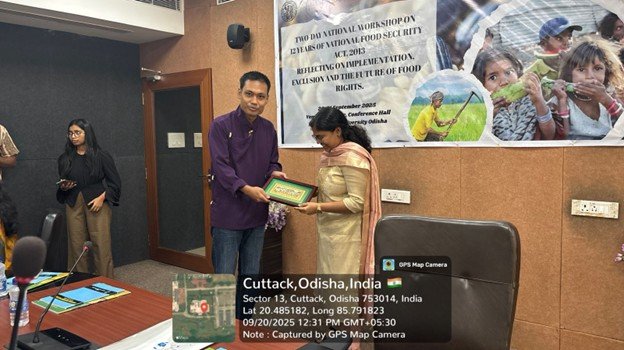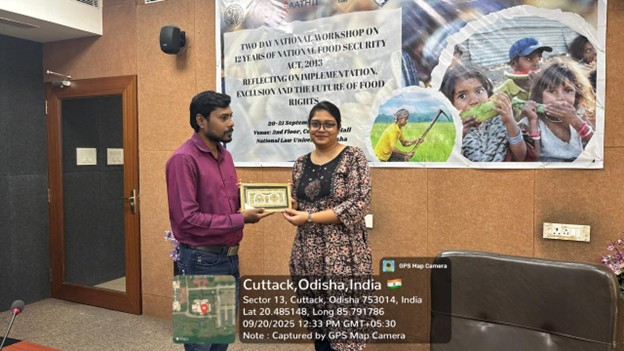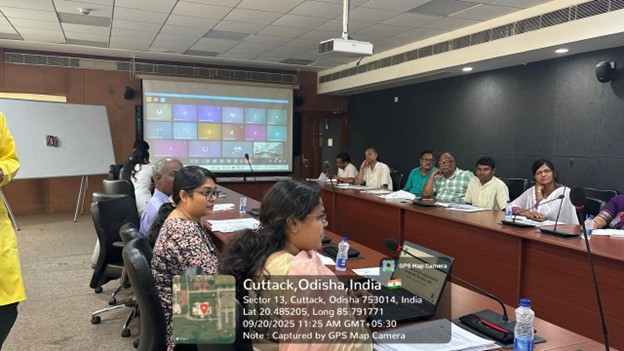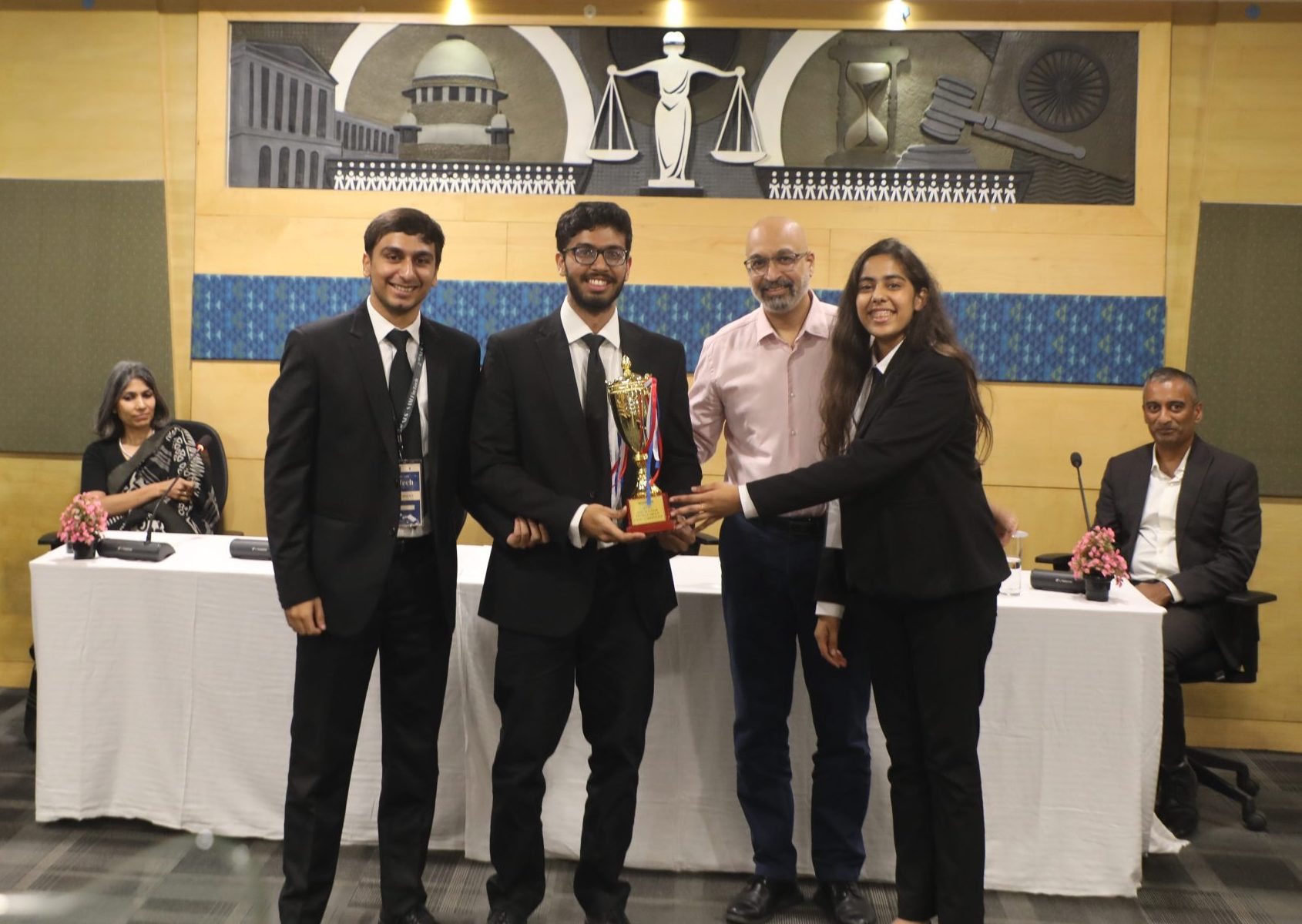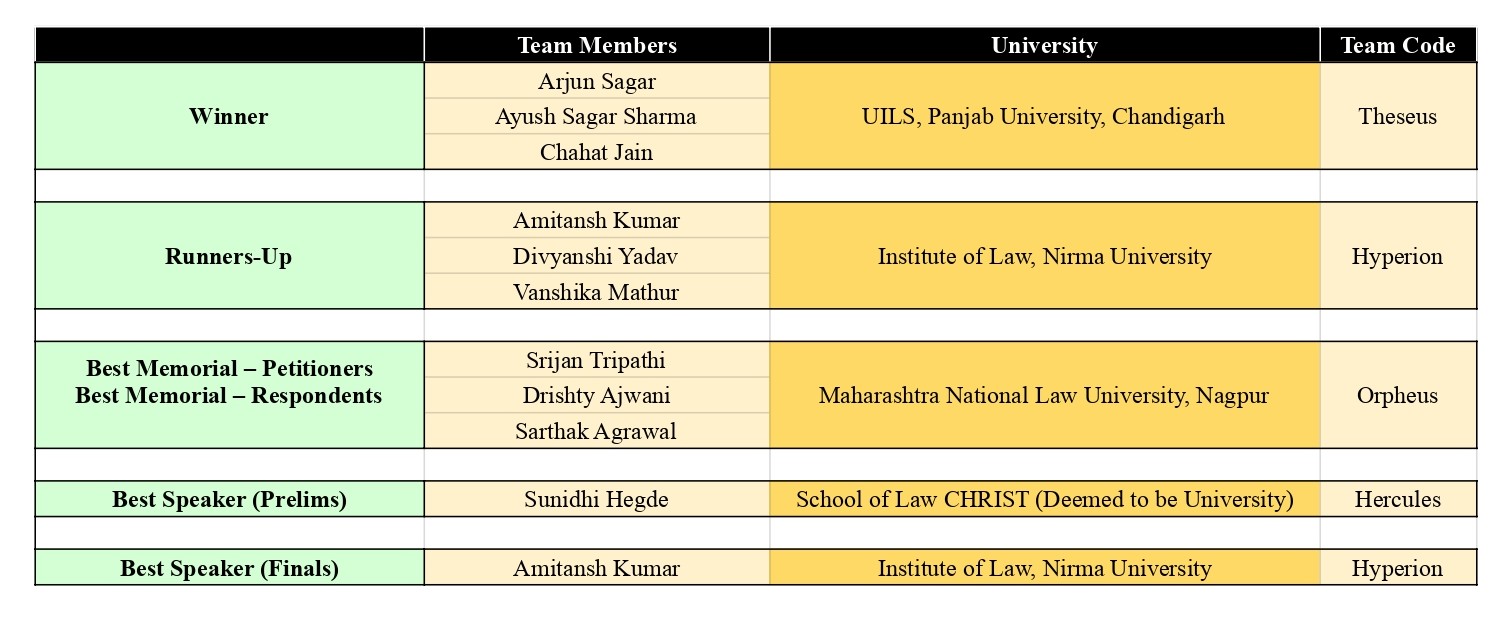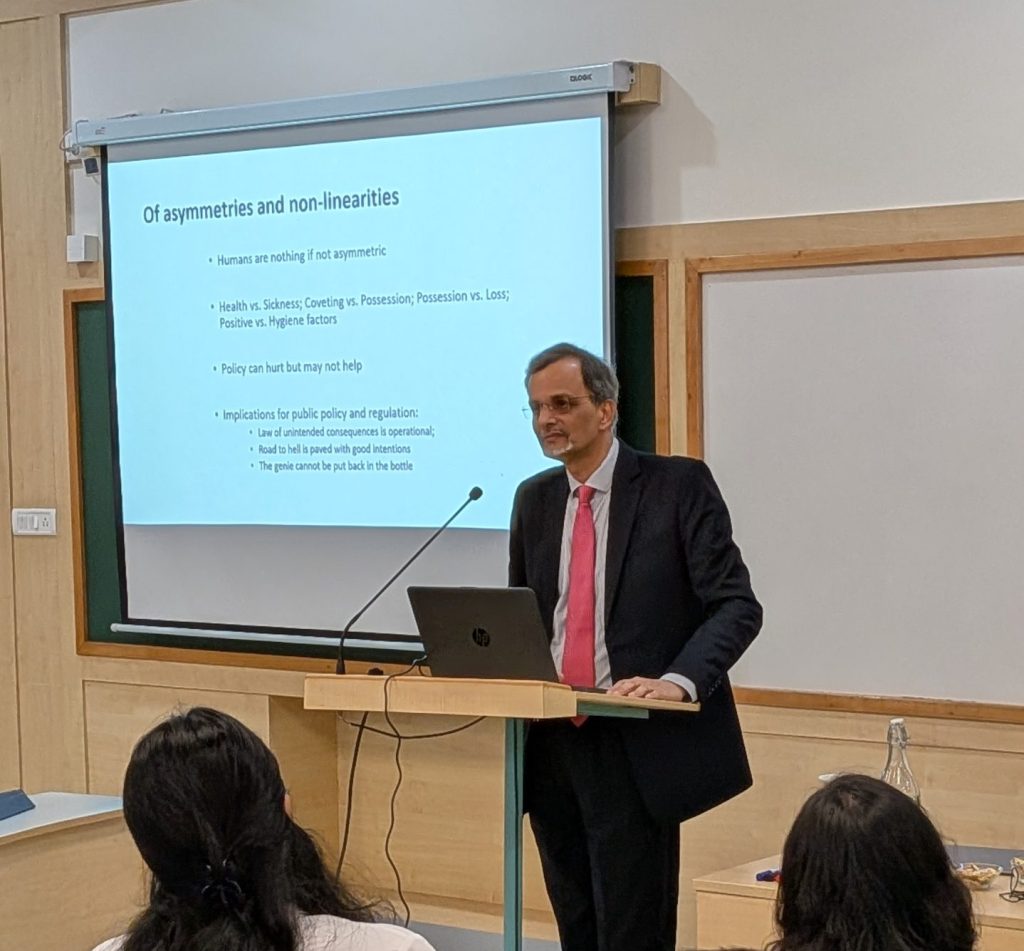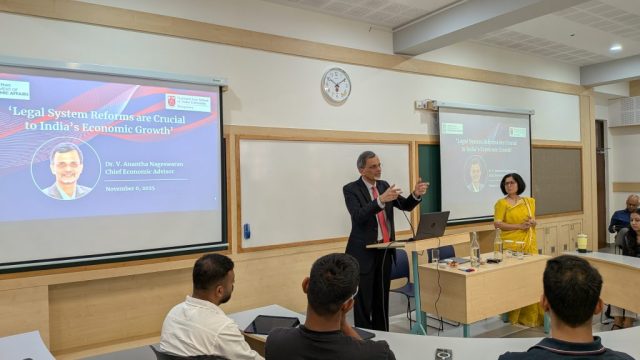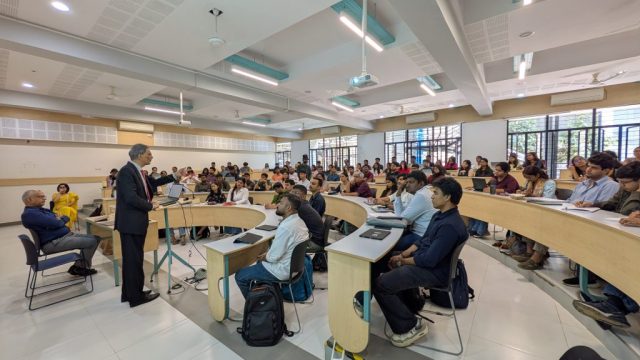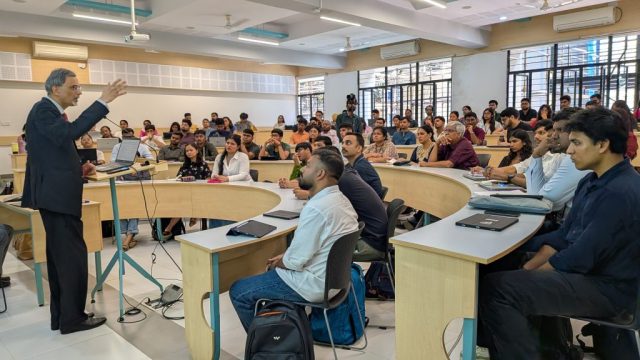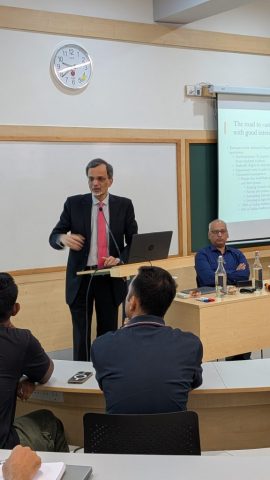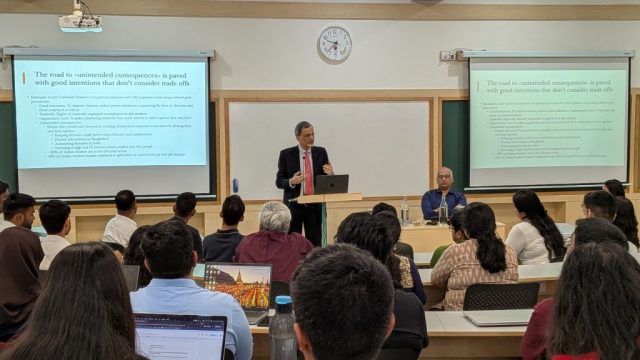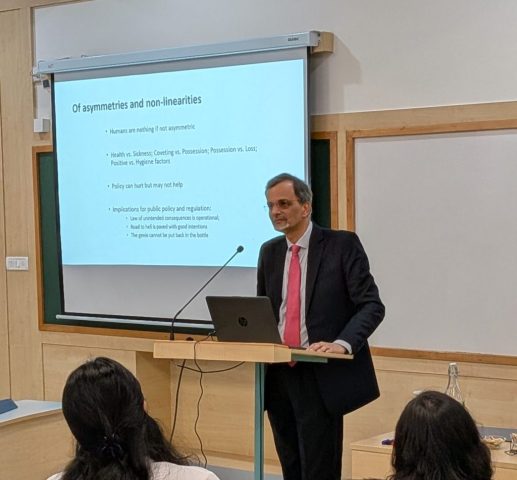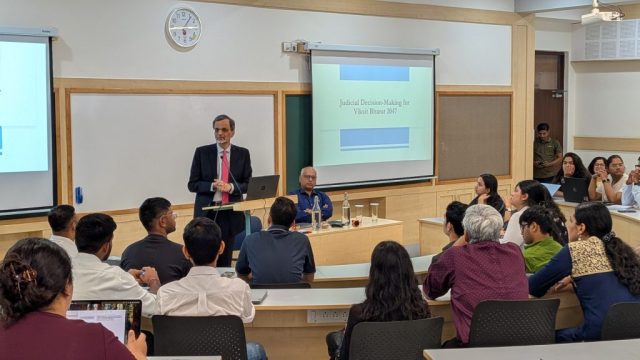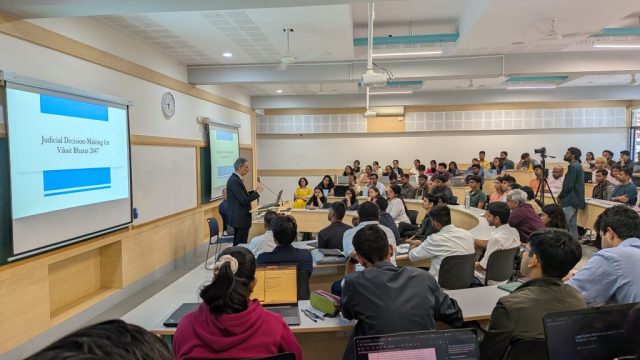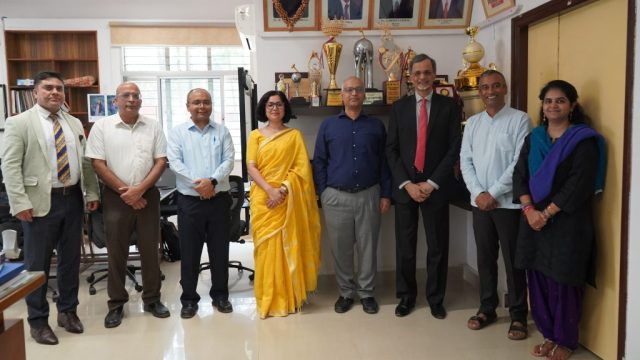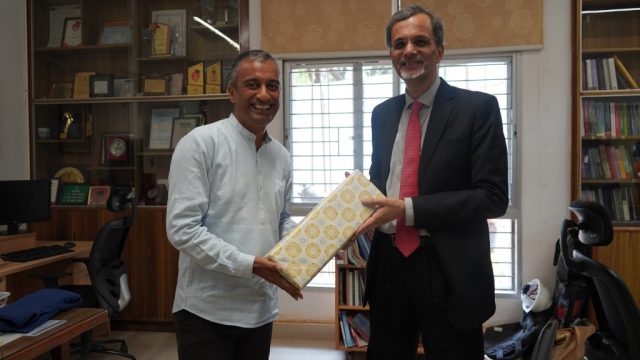The National Law School of India University (NLSIU) invites applications for one full-time Research Associate position to work on the project titled “Bus, benefits and beyond: A comprehensive study of transport equity through Karnataka’s Shakti Scheme” project. The position is up to August 2026 from the date of joining and will be based on campus in Bengaluru, with some time spent on fieldwork in four field sites of Karnataka (Mysuru, Hubballi, Karwar, Kalaburgi).
The project is the recipient of Directorate of Urban Land Transport, Urban Development Department, Govt of Karnataka’s annual research program, ASPIRE(ASPIRE-02/2025), that aims at conducting studies for identified priority research areas in the field of urban mobility, in collaboration with Madras Institute of Development Studies (MIDS) and Manipal Academy of Higher Education (MAHE). The Research Associate will report to the project’s co-investigator, Dr. Vijayamba R, who is faculty at NLSIU.
About the Project
The Shakti scheme of the Karnataka government is a new addition to a long list of cities implementing fare-free public transport (FFPT). This project will evaluate the Shakti scheme both from a demand (user) perspective and a supply (transport personnel) perspective. In the first phase of studying user perspective, apart from the obvious affordability component of the Shakti scheme, this project will employ the 4As framework (accessibility, availability, acceptability and affordability) to understand their experiences comprehensively. In the second phase, the study will focus on the supply (transport personnel) perspective through focus group discussions at bus depots and related offices. Through these two phases, the study will capture the scheme’s invisible, unaccounted and disparate impact on bus users and society at large.
The study will adopt a mixed methods approach with both quantitative methods with structured, in-person, researcher-administered surveys. Qualitative methods using in-depth interviews for a purposive sample will be administered to understand the experiences of access and barriers in detail and their perceptions about the scheme. Focus group discussion will be conducted to understand the range of perceptions, opinions and experiences of transport personnel. The outputs of the project include capacity building, workshops for research personnel, analysis, popular media pieces and reports.
Role description
The Research Associate will be responsible for:
- Assisting in undertaking literature reviews in a combination of fields of transport studies, feminist studies and urban studies;
- Preparation of quantitative survey tools;
- Collection of survey data from the field sites;
- Entry of the survey data;
- Analysis of the survey data;
- Attending periodic team meetings organised by Principal Investigators and Co Investigators ;
- Write short-form articles and commentaries for the NLS repository under the guidance of the project CI; and,
- Any other tasks as required
Qualifications
Essential
- Master’s degree in Economics, Public Policy, Development Studies or any other allied discipline
- Proficiency in spoken and written Kannada to collect data on field
Desirable
- Academic background in urban, gender studies, mobilities research or cognate fields
- Working knowledge of MS Excel, STATA or an equivalent software package to analyse quantitative data
Experience
Essential
- At least 1 year of research experience post Master’s degree in the broad domain of development.
Desirable
- Familiarity with academic debates on the topics of schemes of distributive justice and livelihoods
- Prior experience of conducting fieldwork in research cities and engaging with relevant stakeholders
- Experience in project coordination roles within a research team
How to Apply?
Please use the Google form here, and include the following documents:
- An up-to-date CV
- A statement of purpose (not more than 500 words) indicating your interest and suitability for the position
- Contact details and designation of two professional references
Suitable candidates will be called for an interview after the initial screening.
Compensation
Salary will be up to Rs 40,000 per month commensurate with the candidate’s experience.
For any queries, please write to
Deadline
The last date for submission of applications has been extended to December 15, 2025 by 5 pm (IST).

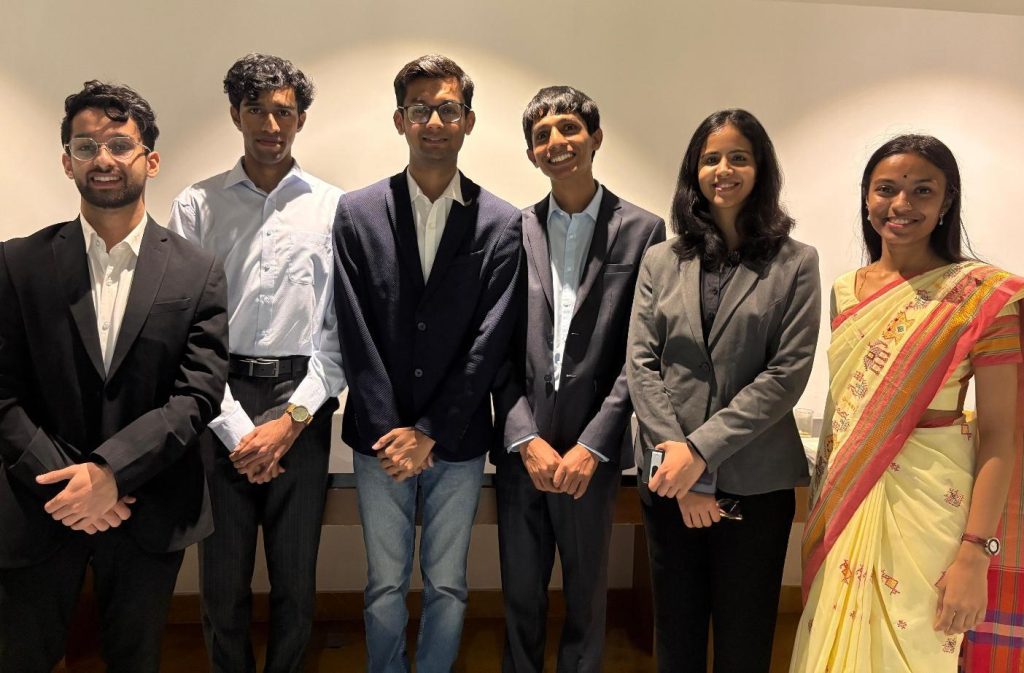
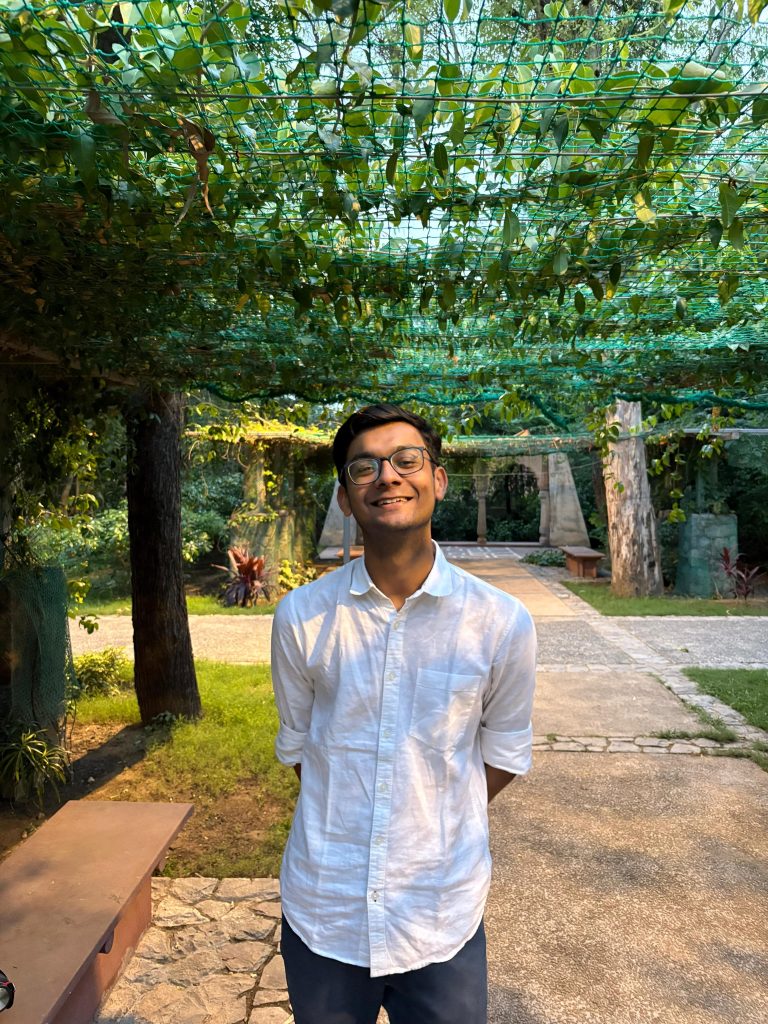 Hailing from Muktsar, Punjab,
Hailing from Muktsar, Punjab, 